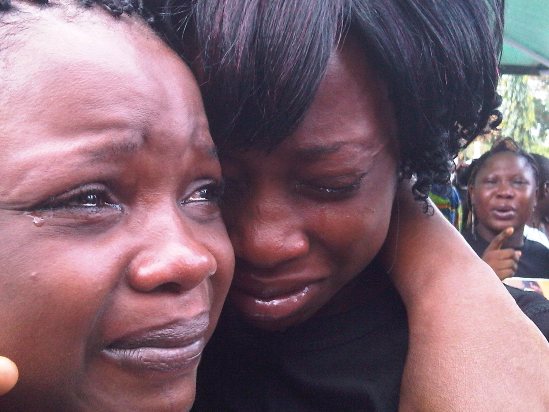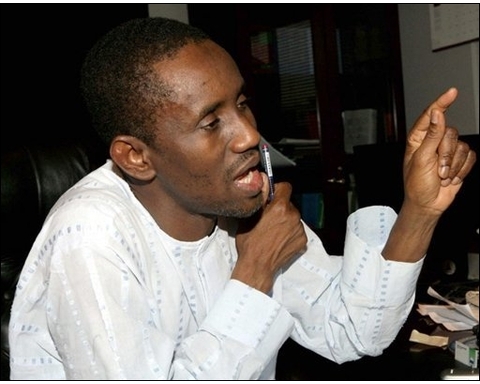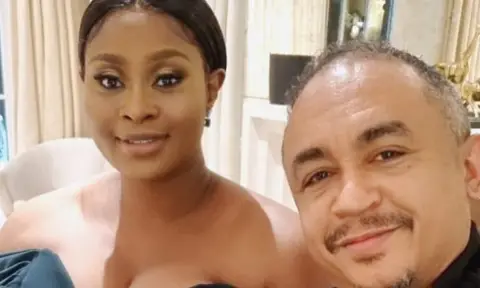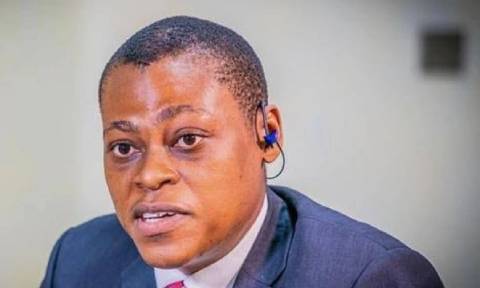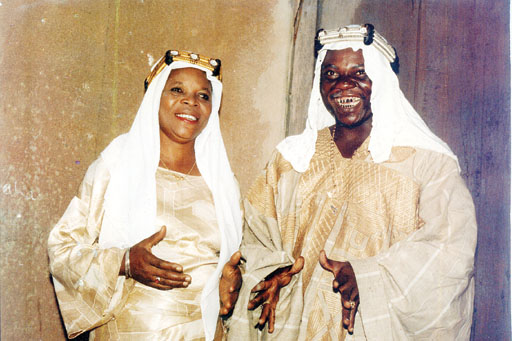
On March 3, MNet launched two spin-off channels borne out of the success of Africa Magic established six years ago. These are AfricaMagic Yoruba and Africa Magic Hausa. The biggest advantage of these channels even above AfricaMagic is their presence on all DStv bouquets.
While the launch of the channels has indeed been received with what M-Net‘s sources call unprecedented enthusiasm and excitement among viewers across Nigeria, the smart business made some Igbo apologists cried foul against it especially in the beginning. Their argument was that unleashing Yoruba and Hausa films on the international channels without doing same for Igbo films amounted to a strategic disservice to the third largest tribe in the country.
It took the wisdom of some industry big players such as Ejike Asiegbu to call the agitators to order. Like other people who approached the issue with a broad and realistic mind, the former president of the Actors Guild of Nigeria, who is also an Igbo man, reminded his tribesmen that too few Igbo films had been made. Of course, the typical Nigerian politics that tends to rear its head in every sphere notwithstanding, the production of films in English by Igbo producers and actors has, for long, been a source of apprehension to some people.
Igbo actors have done brilliantly well in Nollywood, but this has not been replicated in films in Igbo tongue. The contradiction here is much of a cultural issue, really. But if one considers the mileage that works of a Tunde Kelani has given Yoruba culture and tradition, and leverage given writers of Yoruba novels he has turned into films, one will be able to better understand that it is even a good thing that the M-Net‘s new offerings are bringing the contradiction to the fore.
Indeed, one can extend the question beyond the film world. For instance, many years after Yoruba writers such as Akinwumi Isola and the late Wale Ogunyemi have translated Chinua Achebe‘s great novel, Things Fall Apart, into Yoruba, no one has done same to Igbo. The consolation here is that Achebe himself – with promptings by his eldest son, is working on this. One only hopes that a smart filmmaker is set to embrace it as soon as it is out.
Besides, someone ought to have sunk into sober reflection when the UNESCO Institute of Statistics came up with a global cinema survey in 2006. Among other points, it had stated that about 56 per cent of Nollywood films are produced in Nigeria‘s local languages. A film should be about 99 per cent Yoruba, Hausa, or Igbo language in order to be considered a local language film. The survey‘s breakdown indicates that the figure is made up of Yoruba, 31 per cent; Hausa, 24 per cent; Igbo 1 per cent.
Ironically, the survey further indicates, English remains a prominent language, accounting for 44 per cent of all of Nigeria‘s movies. These are largely created by the same Igbo stars who gave the world a gift of popular works such as Living in Bondage; Nneka, the Pretty Serpent and Rattle Snake.
While hoping that Igbo filmmakers will soon produce enough content to warrant the creation of an Igbo channel on DSTV, the pay television company‘s Public Relations Manager, Mr. Segun Fayose, says it is also important to note that they are well represented in the English-speaking movies. It can even be inferred that AfricaMagic is an Igbo channel spoken in English. He believes adds that many have even argued that the Yoruba and Hausa channels are long overdue.
”The beauty of these local language movies is that though there is a constant recurrence of fetish proclivities, especially in Yoruba home-videos, these movies usually encourage sound cultural and social lessons that mirror not only the ills of the society, but their diverse solutions and clarification,” Fayose adds.
He explains that the stations which are already recording immense popularity amongst viewers will pose a welcome alternative to the previously sovereign AfricaMagic Channel (especially since they feature on all DStv bouquets) not only in Nigeria but also in some parts of Togo and Benin Republic where Yoruba speaking communities abound and in Sudan, Cameroon, Ghana, Cote d‘Ivoire and Chad where Hausa speaking communities pervade.
